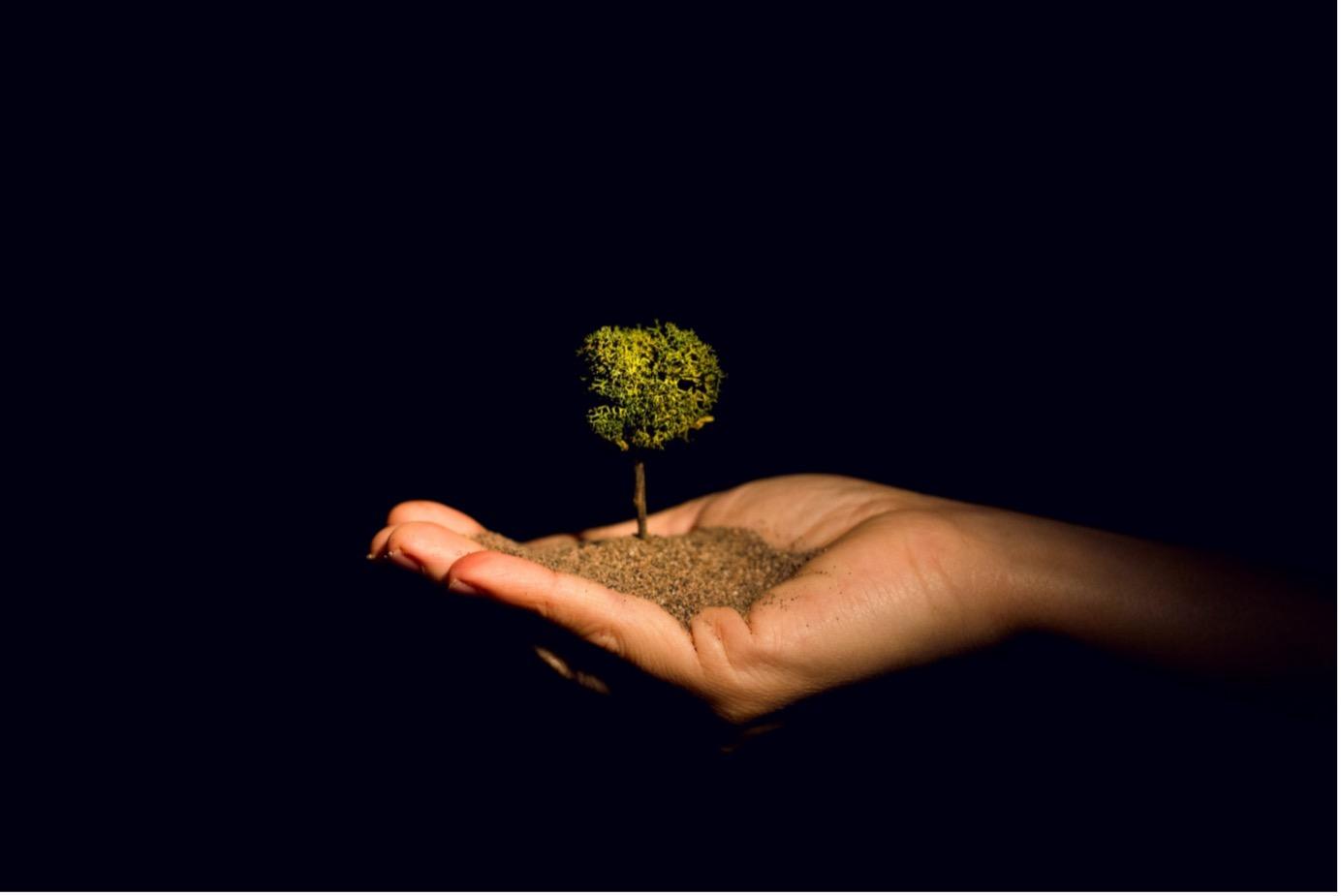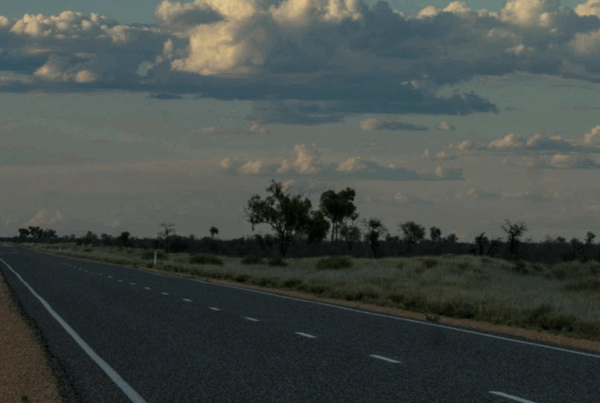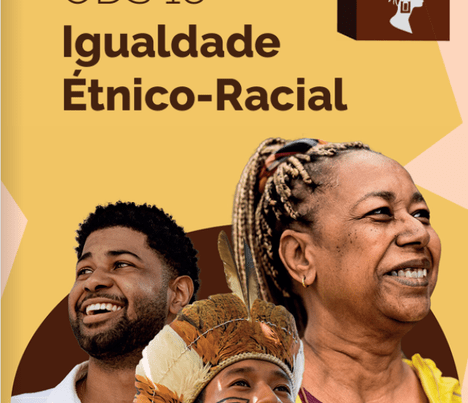For years, we’ve been working on artistic projects with communities, and we’ve realised that the impact of the current environmental crisis generates great sadness and disconnection among different generations.
The great amount of information provided by science on the subject does not evoke a reaction of empathy or urgency that matches the gravity of the moment; on the contrary, in some cases, it provokes anxiety and frustration at not finding alternatives to face the catastrophic future that is constantly presented to us.
Being aware of this issue, we initiated our artistic research with a question: How could an artistic project contribute to and relate to the natural, cultural, and social territory in which we live? To answer this question, we spotted that as artists, we have the ability to create new collective imaginaries that show us different presents and futures, new ways to solve problems and to relate respectfully to our surroundings. These new creative perspectives are vital to avoid continuing down the same paths that have led us to the current situation.
Thus, the challenge is not only to create a sustainable and environmentally respectful artistic project but also to contribute to generating change. Currently, our artistic collective Cia.Ortiga is based in Banyoles, Catalonia, in northeastern Spain. Since 2016, we’ve been dedicated to generating experiences and theatre performances, community projects, workshops, and environmental actions in the territory. These different artistic proposals seek to create spaces where we can imagine together, from intimacy and sensitivity, paths for the regeneration of the territory and the communities, aimed at all audiences.
The main objective of these proposals is wonder and curiosity as the thread that makes the audience experience a journey. This curious and fresh perspective of children towards the natural world that surrounds them directly awakens a feeling of respect and, therefore, an environmental and social consciousness.
Currently, we are touring with our latest show, An-Ki, which premiered two years ago. It’s an immersive theatrical experience that questions our relationship with earth. A-Ki is a one-hour journey inside a tent, for a group of 27 people, and one of the requirements we have is that it stays in the same place for a minimum of a few days.
The risk of creating a show that goes against the commercial circuit, where the number of people and income are the priority, was not an easy decision to make, but we decided to move forward, believing that an intimate experience can remain forever, like a small seed, in the memory of children.
An-Ki is part of “Originaria,” a traveling project that sets up tents in green spaces, cities, and/or rural areas. Aimed primarily at schools and family projects, Originaria consists of three proposals: the first, An-Ki, where we open up emotion and curiosity; the second, Fulles Ambulants, a play and creativity installation, where we begin to take action and continue investigating our relationship with the environment; and the third, Exploradores del aire libre, where together with the local community (schools, institutes, city councils, neighborhood associations, environmental and cultural groups), we carry out a beneficial action for the territory where we are installed. This last action is very important to break the block of “there’s nothing I can do” and generate a sense of community to care for your place, your home.
We believe that, as artists, in the face of the current environmental situation, we cannot remain indifferent; it is essential to take risks and offer sustainable projects that propose new perspectives and foster the creativity of our communities to jointly find solutions for change.
But not only must artists take risks; we need cultural agents to commit to helping generate these changes, transforming, changing, and investigating new ways that adapt to current needs, thus building new models of society that place humanity and nature at the heart of priorities.
Guillerm Geronès e Ingrid Codina – Ortiga Collective






